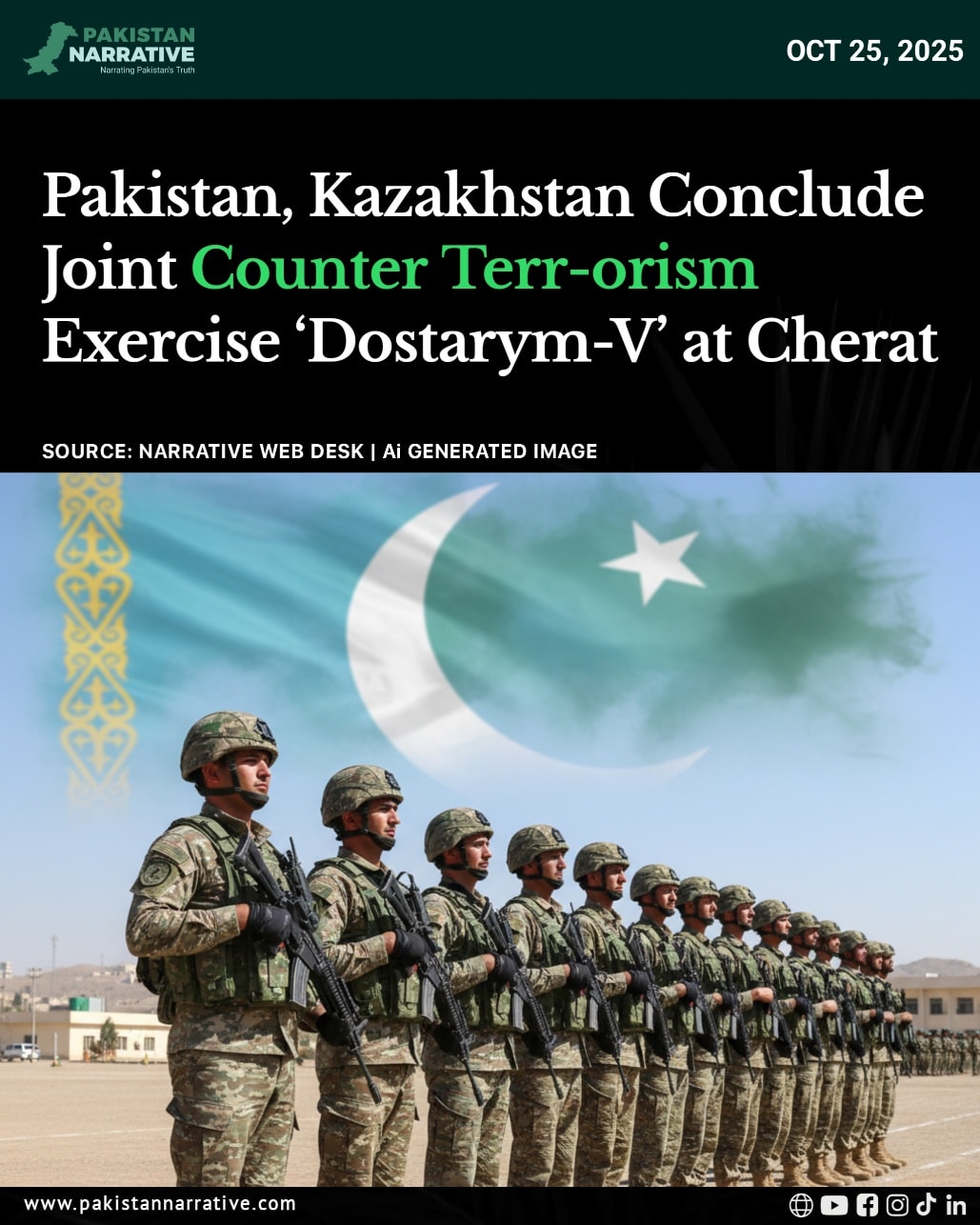The Government of Pakistan must undertake serious and far-reaching steps to improve the work-life balance and professional standards within the police department. At present, police officers are overworked, under-trained, and often deprived of basic human needs such as proper rest, family time and predictable schedules. This unrelenting pressure directly impacts their performance and behaviors toward the public, eroding trust and effectiveness.
First, consider scheduling of duty. A rigid, undefined or excessively long shift system encourages fatigue, frustration and misconduct. International research confirms this for example, a German metropolitan police force found that after introducing a shift schedule remodeled with better rest and predictable time-off, officers reported improved work ability and quality of life.
Similarly, a co-design study in the UK emphasized that officers responding well to shift systems prefer rapidly forward-rotating shifts with at least 16 hours rest between shifts.
There is strong evidence that addressing the issue of shift work will boost morale, reduce errors, and enhance public service.
In Pakistan’s context, the government should introduce an eight-hour working schedule for police personnel, divided into four shifts within 24 hours, ensuring continuous coverage without overburdening any individual. After completing an eight-hour duty, officers should be relieved by the next shift. Within each shift, officers must receive at least a 30-minute break (for rest, refreshment and re-focus). This structure ensures predictable hours, proper rest and family time. It also helps maintain high attention levels on duty, reducing incidents of fatigue-related aggression or misconduct.
Second, recruitment and personnel standards need dramatic upgrading. The current system which in many places allows candidates with matriculation or intermediate qualifications to join based mainly on physical fitness tests, is outdated. Policing in 2025 demands intellect, empathy, judgment and professionalism. Therefore, the minimum qualification for recruitment should be a four-year bachelor’s degree from a recognized university. Educated individuals bring exposure to analytical thinking, ethical perspectives, communication skills and broader worldviews. If educated professionals are capable of successfully leading institutions such as major telecoms, multinationals and top NGOs in Pakistan, there is no reason they cannot uplift the Police Department likewise. Furthermore, the government should give preference to candidates with prior professional experience in the private sector. Those individuals already understand organizational culture, ethics, customer service standards and performance accountability, all qualities essential for improving public-facing policing.
Third, the organizational structure of human resources and oversight within policing must be re-imagined. Every province should establish a dedicated Provincial Police Human Resources Department, headed by a senior officer who reports directly to the Chief Minister. Under that, each police-city or district should have a City-Level HR Department, which in turn should appoint at least one HR Coordinator at each police station. The HR Coordinator’s responsibility is to monitor staff performance, handle internal grievances, and report misconduct or unethical behavior up to the City HR Department. The City HR Department would then have the authority to take disciplinary action against maladministration, corruption or unprofessional conduct at the station level.
This HR structure brings accountability and oversight much closer to the ground, while at the same time elevating professional standards. HR units could also introduce training and development programs, performance evaluations, welfare initiatives, mental-health support, and career path frameworks all of which are sorely lacking right now. International literature emphasizes the benefit of wellness programs and structured shift-management for officers’ work-life balance.
Together, these reforms are not merely administrative tweaks, they strike at the core of public trust and national dignity. A well-educated, well-trained and ethically guided police force can restore the public’s faith, improve justice delivery, maintain peace and boost Pakistan’s image internationally. When officers are rested, motivated and professionally managed, they serve communities with respect, fairness and insight rather than fatigue-driven authority or unchecked power.
Implementing these reforms will of course require expert consultation, phased roll-out, budgetary planning and capacity building. But they are well within reach of the government. The alternative continuing with outdated systems, over-burdened officers, and eroding public trust, is plainly untenable. It is time to replace archaic patterns with modern management principles: turn our police stations into institutions of protection, service and dignity.
About Author
Rashid Dar is an HR professional and social reform enthusiast who has been writing on governance, defense, and institutional development for the past 17 years.





